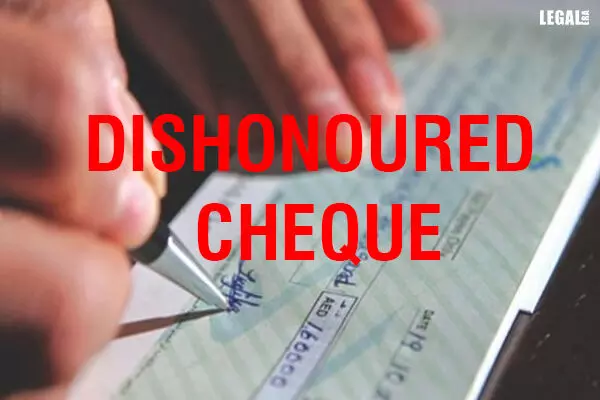- Home
- News
- Articles+
- Aerospace
- AI
- Agriculture
- Alternate Dispute Resolution
- Arbitration & Mediation
- Banking and Finance
- Bankruptcy
- Book Review
- Bribery & Corruption
- Commercial Litigation
- Competition Law
- Conference Reports
- Consumer Products
- Contract
- Corporate Governance
- Corporate Law
- Covid-19
- Cryptocurrency
- Cybersecurity
- Data Protection
- Defence
- Digital Economy
- E-commerce
- Employment Law
- Energy and Natural Resources
- Entertainment and Sports Law
- Environmental Law
- ESG
- FDI
- Food and Beverage
- Gaming
- Health Care
- IBC Diaries
- In Focus
- Inclusion & Diversity
- Insurance Law
- Intellectual Property
- International Law
- IP & Tech Era
- Know the Law
- Labour Laws
- Law & Policy and Regulation
- Litigation
- Litigation Funding
- Manufacturing
- Mergers & Acquisitions
- NFTs
- Privacy
- Private Equity
- Project Finance
- Real Estate
- Risk and Compliance
- Student Corner
- Take On Board
- Tax
- Technology Media and Telecom
- Tributes
- Viewpoint
- Zoom In
- Law Firms
- In-House
- Rankings
- E-Magazine
- Legal Era TV
- Events
- News
- Articles
- Aerospace
- AI
- Agriculture
- Alternate Dispute Resolution
- Arbitration & Mediation
- Banking and Finance
- Bankruptcy
- Book Review
- Bribery & Corruption
- Commercial Litigation
- Competition Law
- Conference Reports
- Consumer Products
- Contract
- Corporate Governance
- Corporate Law
- Covid-19
- Cryptocurrency
- Cybersecurity
- Data Protection
- Defence
- Digital Economy
- E-commerce
- Employment Law
- Energy and Natural Resources
- Entertainment and Sports Law
- Environmental Law
- ESG
- FDI
- Food and Beverage
- Gaming
- Health Care
- IBC Diaries
- In Focus
- Inclusion & Diversity
- Insurance Law
- Intellectual Property
- International Law
- IP & Tech Era
- Know the Law
- Labour Laws
- Law & Policy and Regulation
- Litigation
- Litigation Funding
- Manufacturing
- Mergers & Acquisitions
- NFTs
- Privacy
- Private Equity
- Project Finance
- Real Estate
- Risk and Compliance
- Student Corner
- Take On Board
- Tax
- Technology Media and Telecom
- Tributes
- Viewpoint
- Zoom In
- Law Firms
- In-House
- Rankings
- E-Magazine
- Legal Era TV
- Events
Supreme Court allows proceedings against non-signatory to dishonored cheque

Supreme Court allows proceedings against non-signatory to dishonored cheque
Earlier, the Madras High Court had refused to quash the action against the joint-account holder stating the issue be decided in trial
The Supreme Court has allowed proceedings to continue against a non-signatory to a dishonored cheque. It noted that the court could not decide on the contention that such proceedings were not legally valid in a plea to quash the case.
In the V Samhidha vs KS Senathypathy case, a bench of Justice BV Nagarathna and Justice Ujjal Bhuyan dismissed a plea filed on behalf of a woman, V Samhidha, who operated a joint bank account with her father, and a cheque had bounced.
Justice Nagarathna remarked, "The point of law is correct. But not (a ground to grant relief) in this case, in a quashing petition.”
In March, the Apex Court issued a notice in the matter, raising a question of whether a non-signatory to a dishonored cheque could be prosecuted for being a joint-account holder.
The appeal was filed against an order of the Madras High Court, which refused to quash the proceedings against the joint-account holders on the ground that the issue ought to be decided in trial.
In 2016, a complaint was lodged under Section 138 of the Negotiable Instruments Act, 1881 in connection with a Rs. 20 lakh loan payment, after a cheque bounced. The bank account was jointly held by a mill owner and his daughter, V Samhidha. Pertinently, the daughter did not sign the cheque and lodged a complaint.
In 2018, she approached the High Court seeking the quashing of proceedings before a Coimbatore magistrate and alleging that no loan was involved.
Early this year, the High Court refused to enter the merits of the matter and dismissed the plea.
V Samhidha was represented by advocates B Ragunath and Sriram Parakkat.


